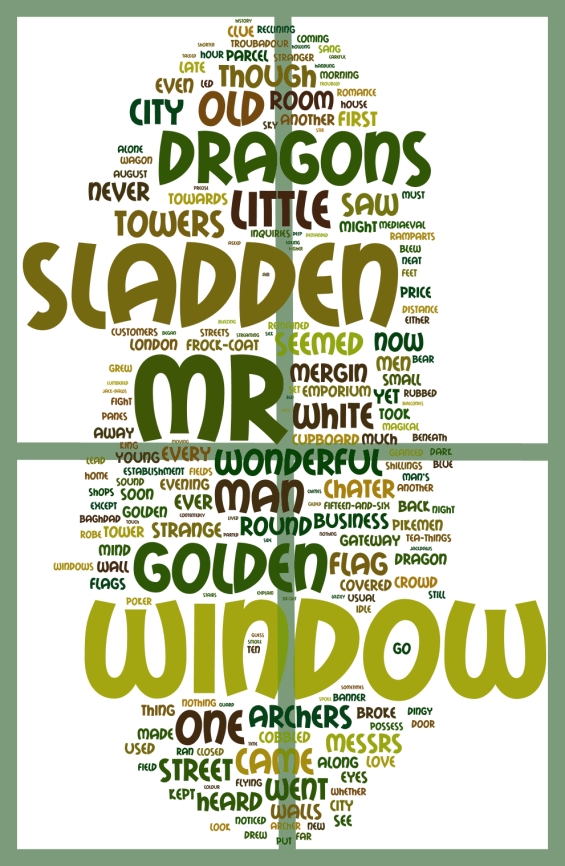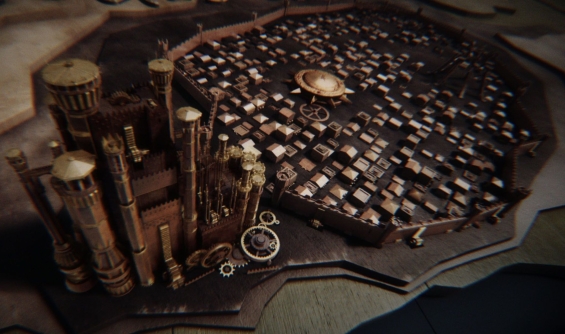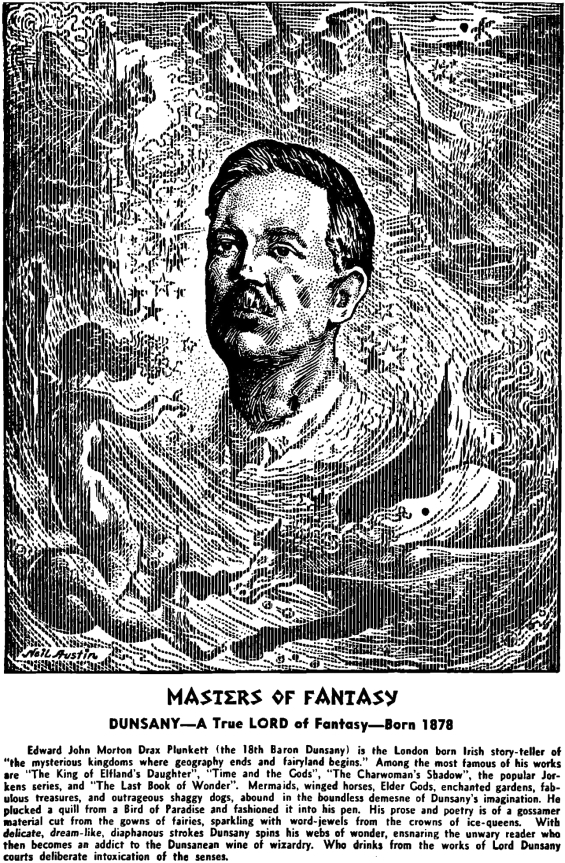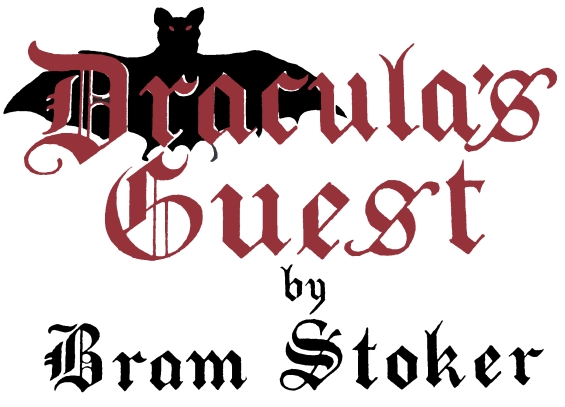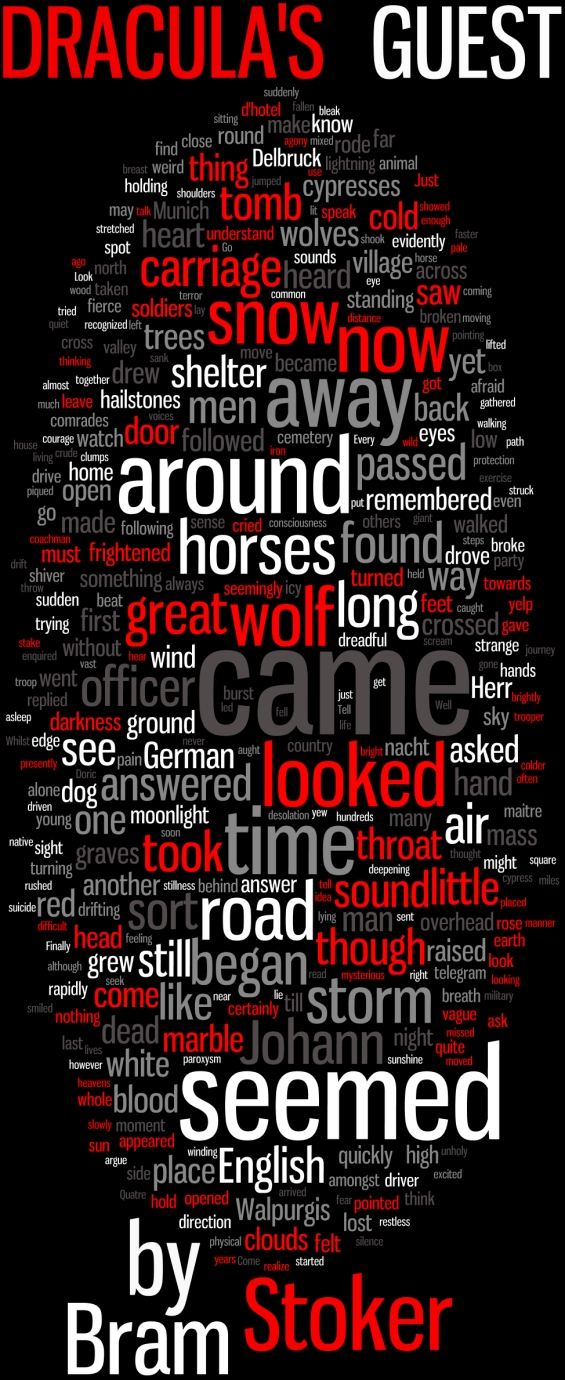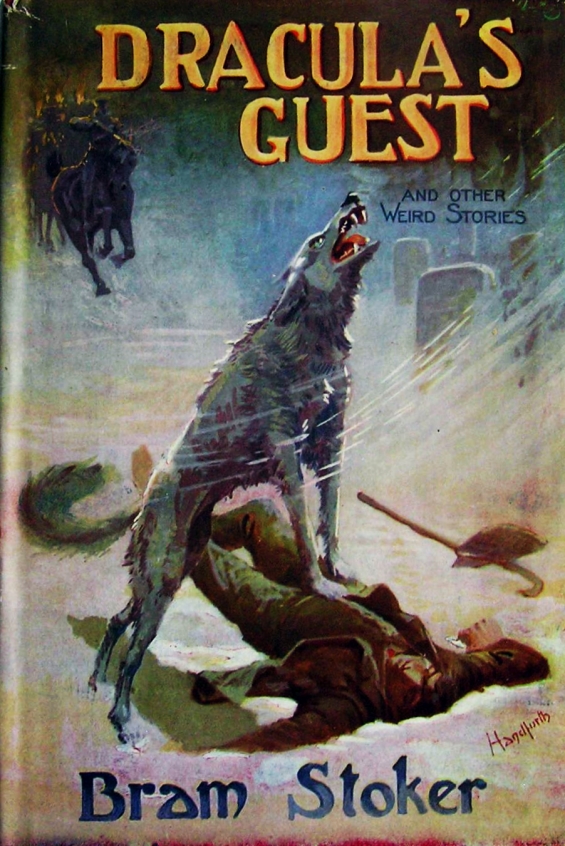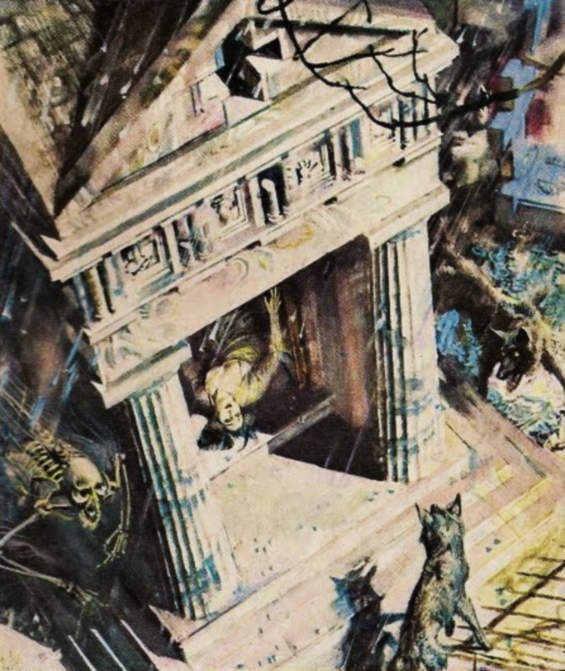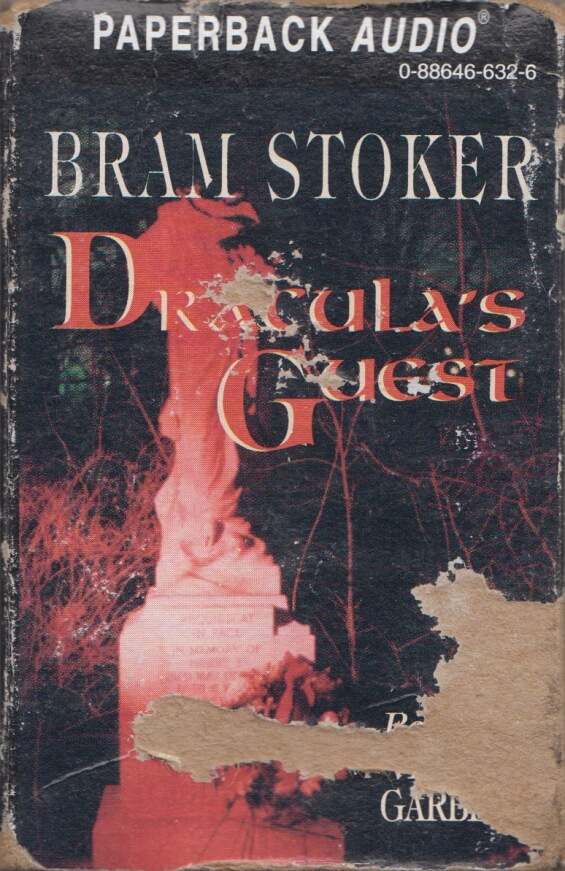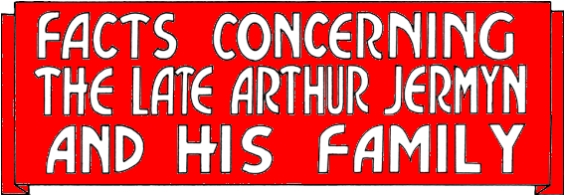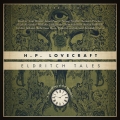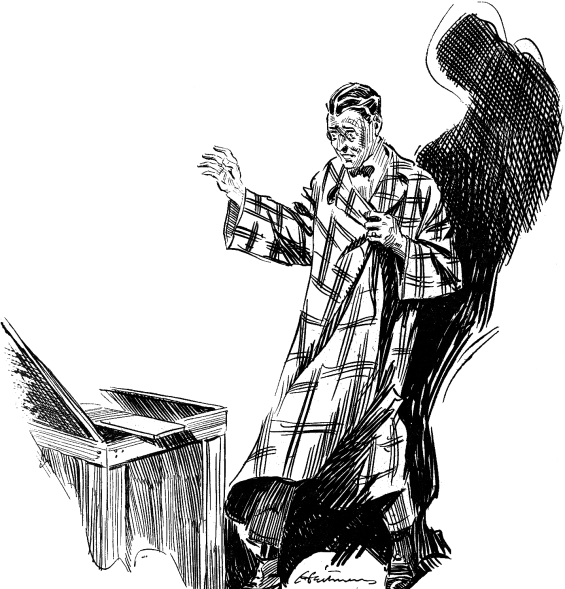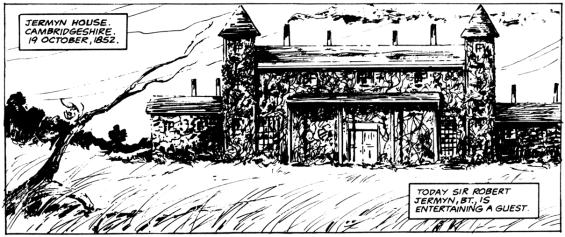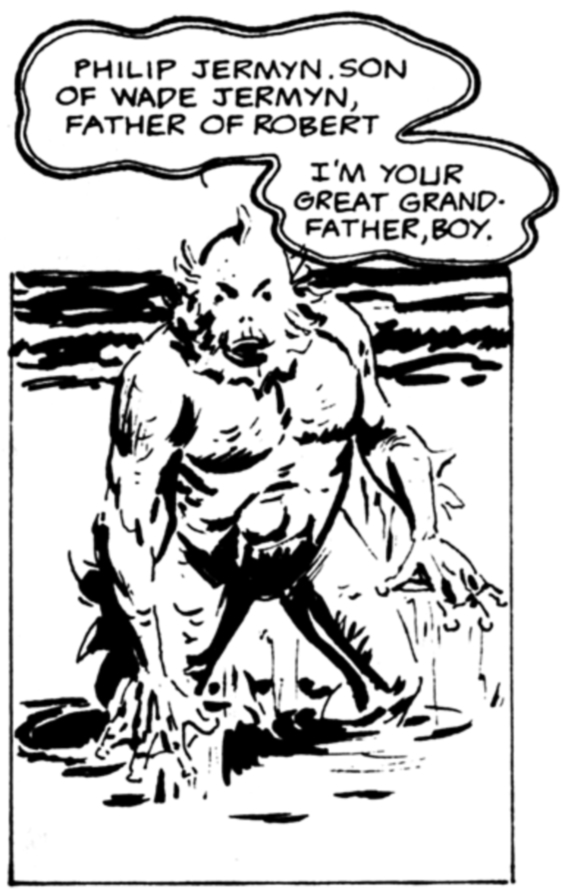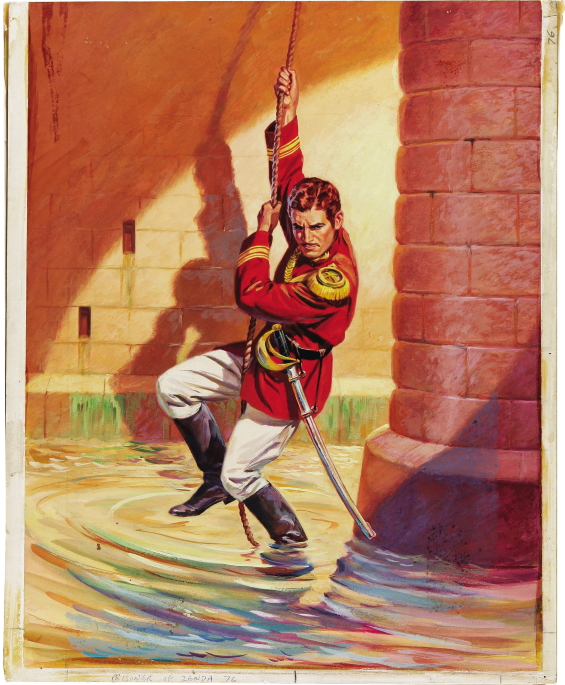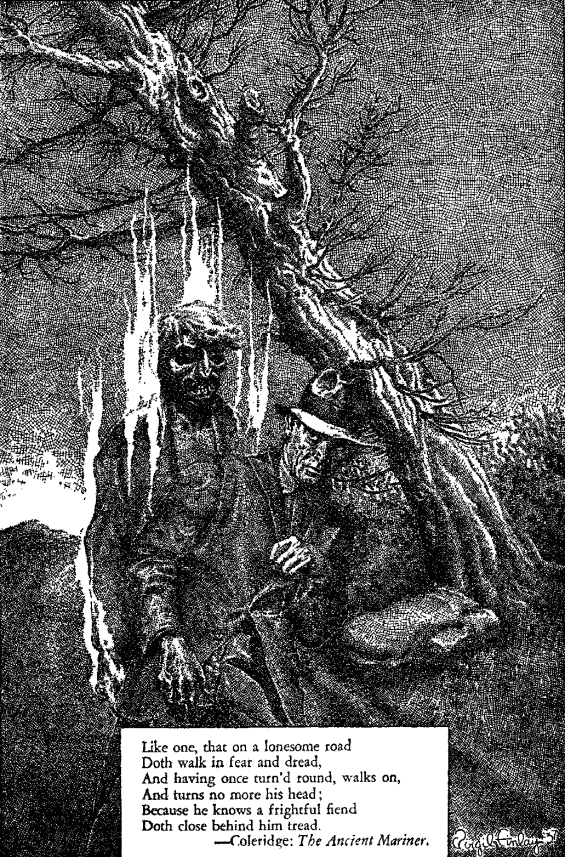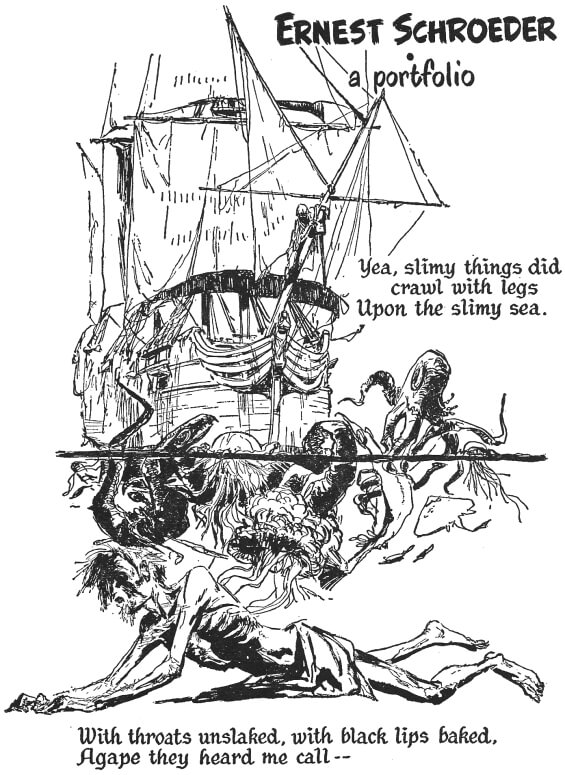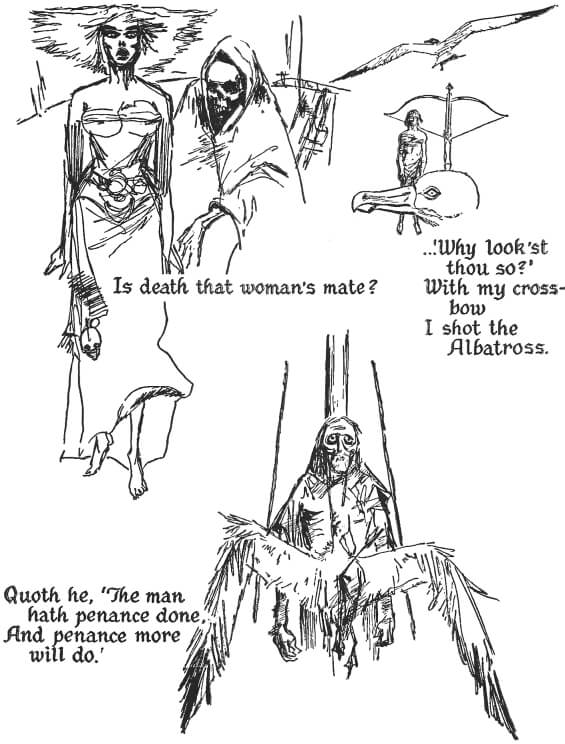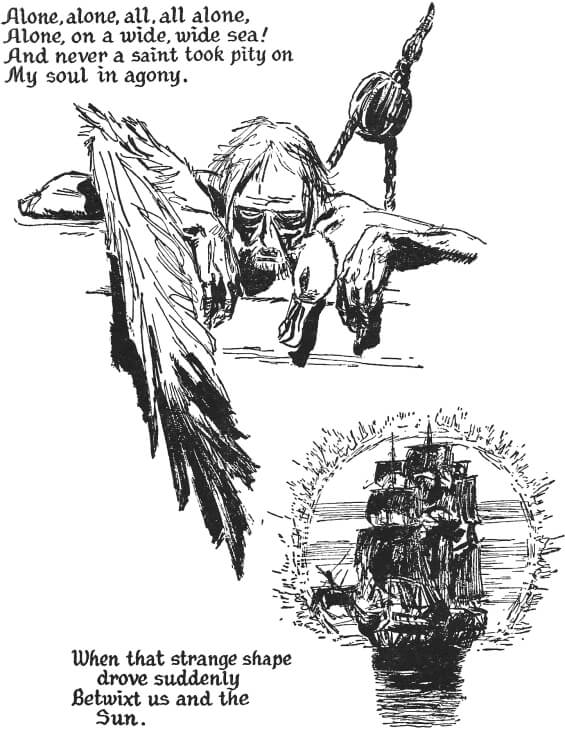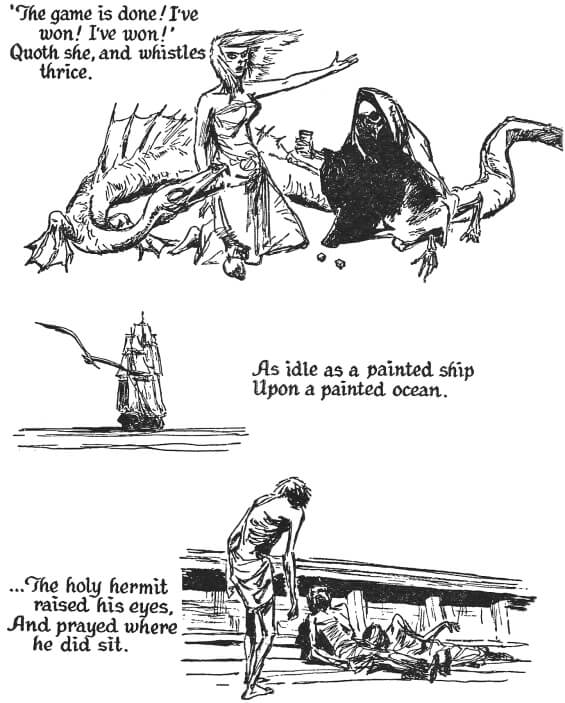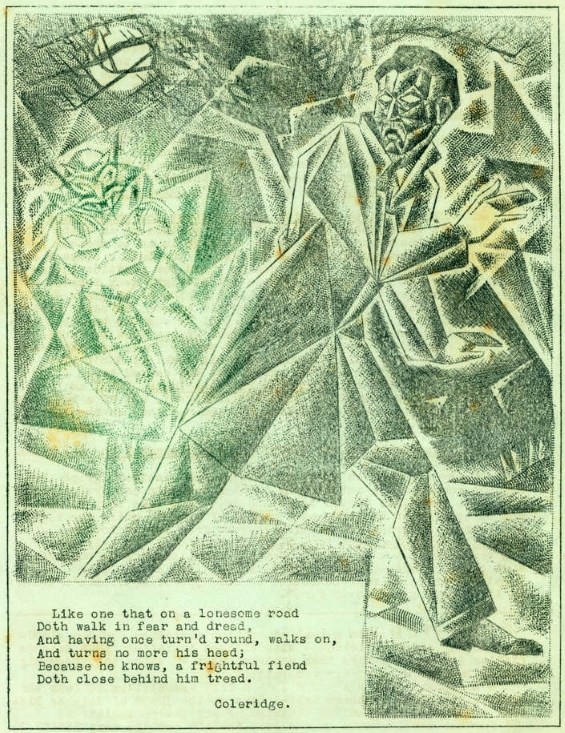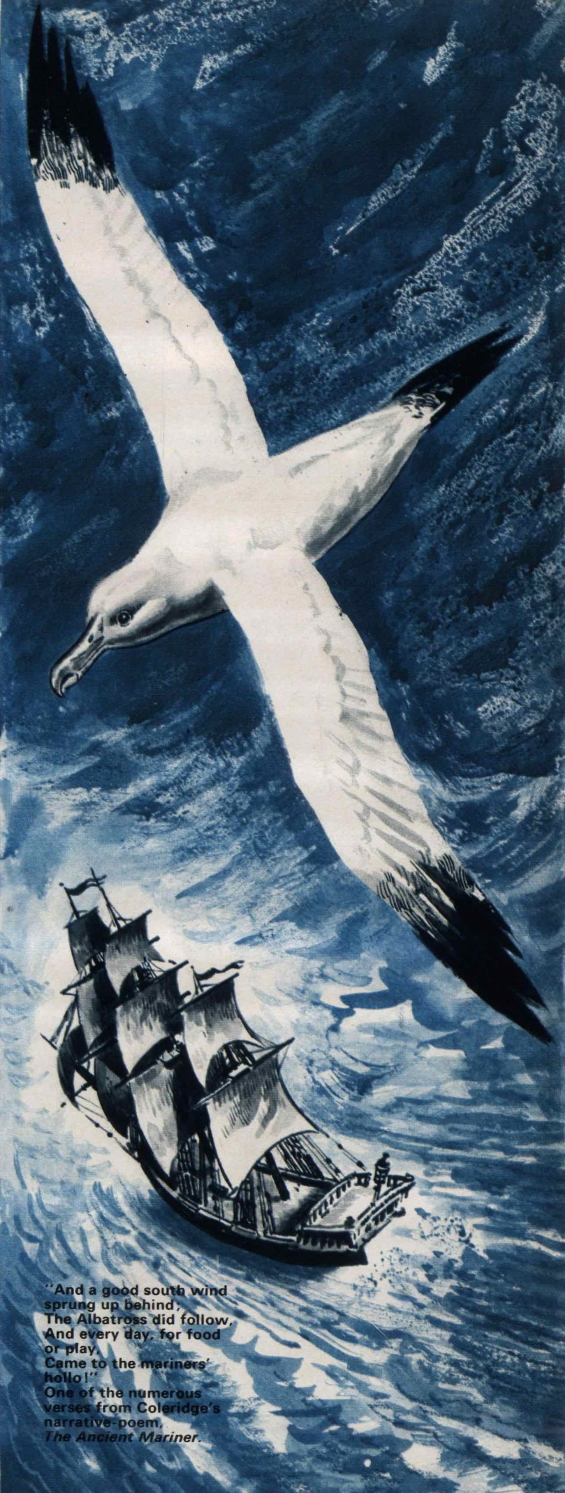
 The SFFaudio Podcast #280 – Völsungasaga translated by Eiríkr Magnússon and William Morris; read by Corpang (of LibriVox). This is an unabridged reading of the saga (4 hours) followed by a discussion of it. Participants in the discussion include Jesse, Seth, and Mr Jim Moon.
The SFFaudio Podcast #280 – Völsungasaga translated by Eiríkr Magnússon and William Morris; read by Corpang (of LibriVox). This is an unabridged reading of the saga (4 hours) followed by a discussion of it. Participants in the discussion include Jesse, Seth, and Mr Jim Moon.
Talked about on today’s show:
anonymous, 1000 AD, Beowulf, Germanic myth collection, Volsung Dynasty, quick character changes, irrational logic, biblical similarities, Sigurd, echoes of myths, family relationships in Hamlet by William Shakespeare, Tales of Dragons, a hodgepodge of influences, The Hobbit by J.R.R. Tolkien, The Lord of the Rings by J.R.R. Tolkien, dramatic events, wolves, half-historical and half-saga storytelling, origin from Homeric Myths, odes, cyclical time, less Christian influences than other written sagas, a source or influences on stories and also influenced by earlier sagas, Vikings on History Channel, moral lessons to be awesome, unconsciousness of glorious kings with immoral actions, The Old Testament, hierarchy of power, jealousy of wealth and power, Medieval Japan, neighbor relationships, attitudes toward prophesy and fate, stoicism and acceptance, Odin Mythology, simple naming of characters, absence of fear of death, reincarnation, female equality, werewolves, Roman Mythology, frequent raiding, laws protecting wolves, wolves as outlaws, Caligula, power creates rules, Christian epics with Christian rule system, power of sacrifice, irrational idea of original sin, The New Testament subverting the idea of superiority, master morality and the slave morality, a lot of similarity to Beowulf, a source for education and entertainment, reason for being dramatic, 13th century literature, history in a very vague and incorrect way, more atrocity earlier in the saga, parallel between fantasy and real life, Story of Attila, transmission of knowledge, Haida Gwaii’s similarity to Vikings, We are really here for the gold!, names of dwarfs, broken names, obsession of money creates craziness, atrocity and craziness as history, story created before medieval nobility, morality as generosity, guest morality, Richard Wagner, being near Vikings is dangerous, endurance of pain as superior, no laughs and mild jokes in Volsunga saga, disrespect is bad, burial traditions create conflict, William Morris, the absence of slaves in Tolkien Fiction, free society.
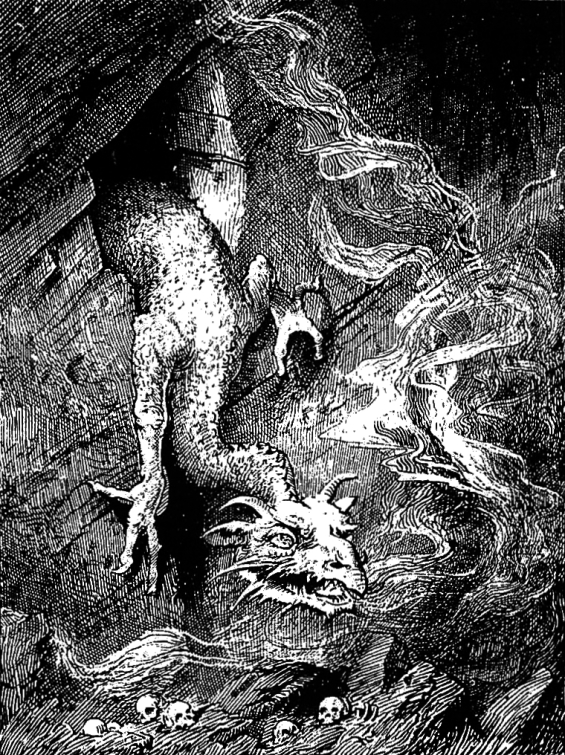
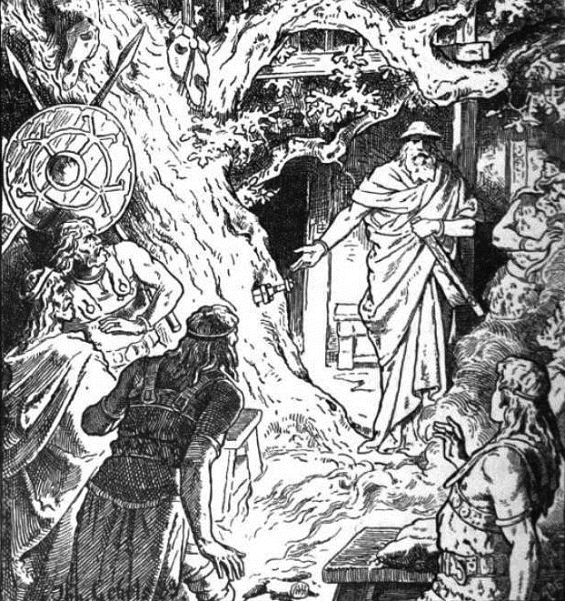
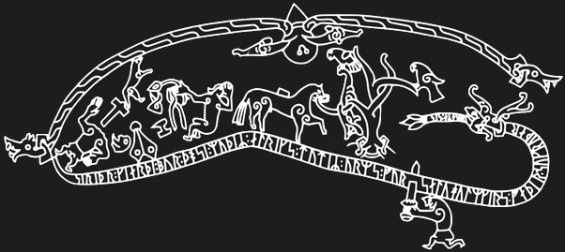
Posted by Jesse Willis


